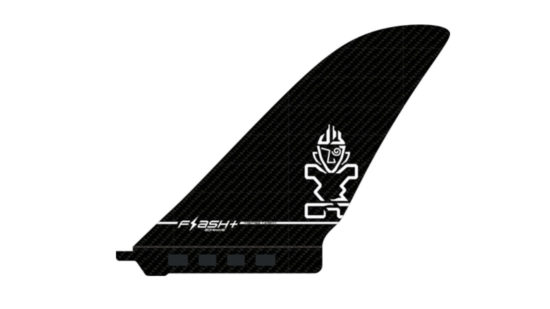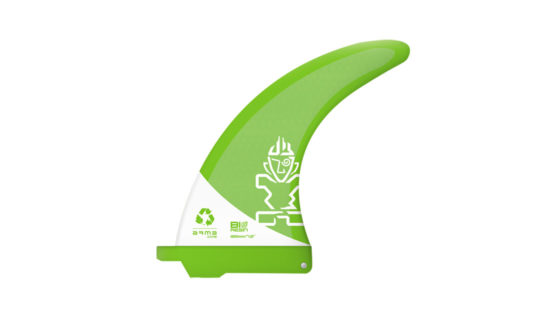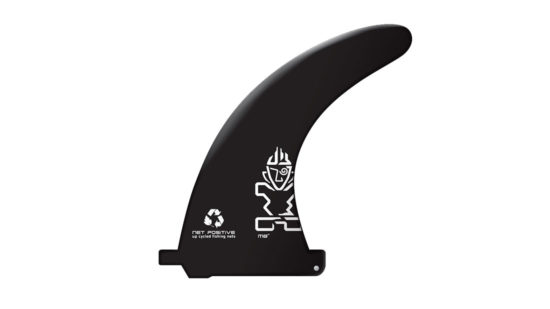PREPREG CARBON
PERFORMANCE
ARMACORE FINS
SUSTAINABLE SOLUTIONS
NET POSITIVE FINS
UPCYCLED FISHING NET
SUP Fins in Racing
In the stand up paddle race world… paddlers are becoming more competitive, boards are getting faster and fins are becoming a crucial part of your race set up.
Let’s go through some of the aspects to look into when choosing your SUP Race fin.
There are many components to a fin, and every fin is different.
Here are some of the key fin components to think about when choosing your fin.
- First up we have fin Height/Depth
- The Rake/sweep
- Base length/root cord length
- The leading and trailing edge
- And fin flex is another important one.
Fin height or depth
- Deeper fin = more drag, more stability, slower fin
- Smaller fin = faster, less tracking, less stability, more maneuverable
Rake/Sweep
- This refers to the angle of your fin. Generally a more angled fin will give you better tracking as the board will stay straight. This is usually prefered in flatwater racing or longer races where staying straight is important. You can also improve tracking by moving your fin further back in the box if there is space.
Base Length (Base of the root cord length)/Root cord length.
- Basically this is the horizontal length of the fin. Generally extra length gives the fin a better feel in ocean conditions, and because you can have more area along the length we often use a shorter fin. So fins with a longer cord are generally great all round race fins and are really good in surf racing and bumps.
Leading and Trailing edge.
- The leading edge is at the front and trailing edge is behind the fin. Fins are shaped in a foil – similar to an airplane wing except this foil is designed to have even flow. The front of the foil or leading edge is less sharp and then the trailing edge is super sharp. This helps the board go faster. Thinner foils are also a little less stable and thicker foils are slower. A sharp trailing edge is always essential.
Lastly we have fin flex.
- Fin flex refers to really how bendy your fin is. If you opt for a cheaper construction of fin then you’ll find it will have more flex. A less flexible fin has better performance, better tracking and better handling overall.
So that basically sums up fin terminology.
If you’re new to racing, opt for a deeper fin for more stability.
If you’re interested in ocean conditions, all round racing and basically want a fin that does it all then you’ll want to look at something like the natural winner with a longer base cord length.
If you want better tracking in flatwater you want your fin positioned further back or something with a little extra rake.



